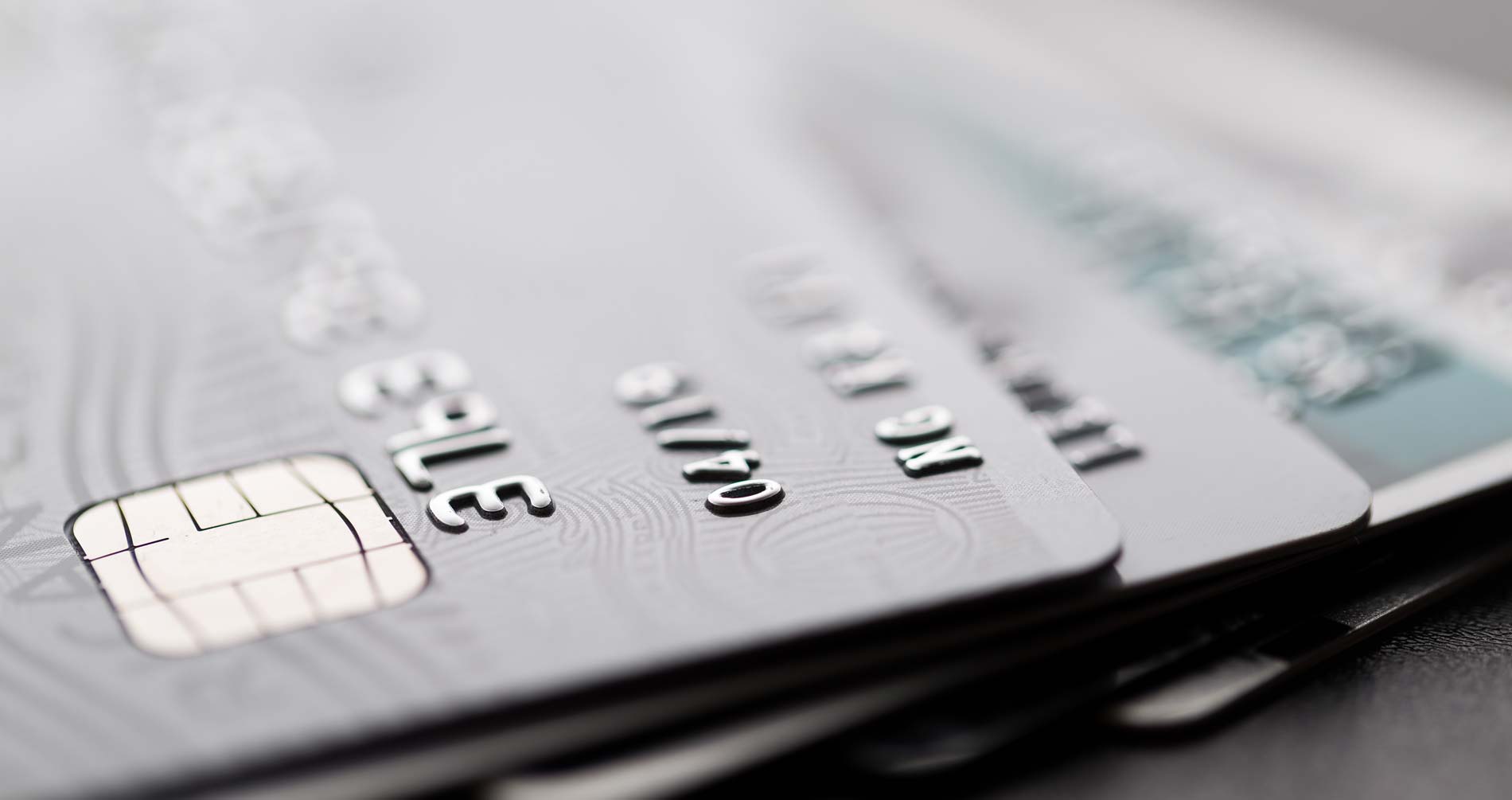What Is Good Debt?
You would be forgiven for thinking that all debt is bad, but that simply is not the case. Good debt gives you the opportunity to manage your finances in a more effective way, to leverage your wealth, to deal with unexpected emergencies, or to buy things you need. Essentially, this type of debt benefits you in the long run. Some examples include taking out a mortgage, borrowing to cover education costs like a student loan, or a bad credit debt consolidation loan to pay off existing debts. While the debt may put you in a hole initially, you may be better off in the long run for having borrowed the money.
Mortgages – investing in a bricks and mortar house has been a long term investment choice for many people for years. In most cases, people can look forward to their home increasing in value over the years. There may be some fluctuation in the housing market that could see your home price drop temporarily, but over the longer term, you could be likely to make a profit.
Student loans – with this form of debt, you are investing in your future employment prospects. For many people, a University degree may enable them to reap the benefits of a higher paying job with better career prospects. While this does mean that you are starting your career with large debt, this is offset by the low interest rates and the fact that you will not be required to repay until you are earning a certain amount.
Debt consolidation loans – when your bad debts start to mount, you may try to find ways of better management and possibly paying them off quicker. That is where consolidation options can come in, whether you need a debt consolidation remortgage or a secured debt consolidation loan for potentially lower interest rates. These types of loans help you to pay off your existing debts with the exact amount needed, and owe money back to a single lender, giving you peace of mind.
What Is Bad Debt?
On the other hand, not all debt is good and bad debt is a lot easier to spot. If the money you borrow loses value the moment that you take ownership, it could fall into the bad credit debt category. This includes credit cards or payday loans. If these debts are not managed carefully, or if you borrow too much and cannot pay it off, they could have a negative impact on your finances and credit score. However, despite these types of credit being considered bad, if you are able to pay them off in full and on time, you may see a boost to your credit score.
Credit cards – unless you are wisely using a 0% interest purchase credit card, items that are bought using a credit card tend to come with relatively high interest rates. This means that if you do not pay off the whole amount every month, the money owed in interest may quickly overtake the value of the purchased asset. This can become worse if you use the card that leave you with no discernible assets, such as holidays or restaurant meals.
Payday loans – this type of loan is typically intended for small amounts taken out over around 30 days or less. Due to the short repayment term, the interest rates on payday loans can be very high or around 1000% per annum, so these can quickly escalate to be a highly expensive way of using credit. While this type of loan may seem attractive for unexpected situations or emergencies, it is key to remember that it may be a costly way to borrow.


